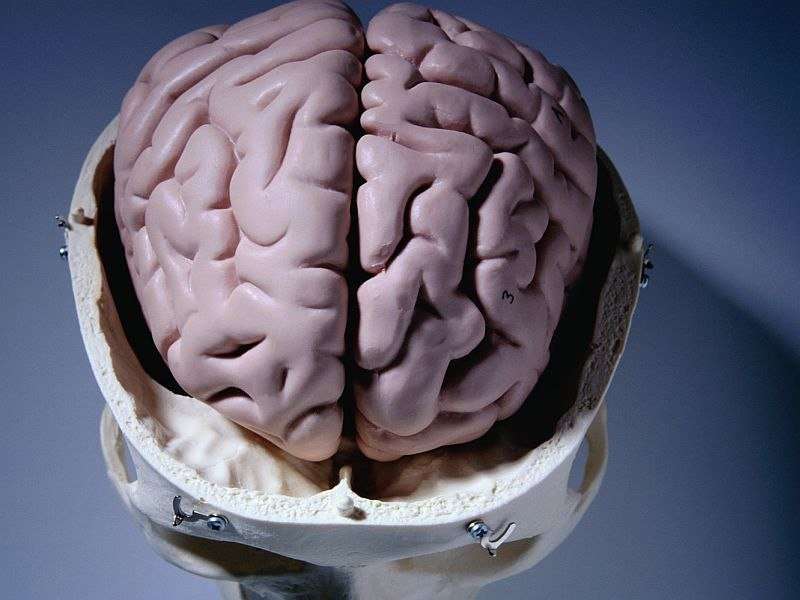(HealthDay)—Patients with severe neurotoxicity after infusion of CD19-targeted chimeric antigen receptor-modified T (CAR-T) cells have evidence of endothelial activation, according to a study published online Oct. 12 in Cancer Discovery.
Juliane Gust, M.D., Ph.D., from the University of Washington in Seattle, and colleagues characterized neurologic adverse events in 133 adults with refractory B-cell malignancies treated with lymphodepletion chemotherapy followed by infusion of CD19 CAR-T cells.
The researchers found that there were correlations for acute lymphoblastic leukemia, high CD19+ cells in bone marrow, high CAR-T cell dose, cytokine release syndrome, and pre-existing neurologic comorbidities with elevated risk of neurologic adverse events. There was evidence of endothelial activation among patients with severe neurotoxicity, including disseminated intravascular coagulation, capillary leak, and elevated blood-brain barrier (BBB) permeability. The permeable BBB did not protect the cerebrospinal fluid from high concentrations of systemic cytokines, including interferonγ, which induced brain vascular pericyte stress and secretion of endothelium-activating cytokines. The brain of a patient with fatal neurotoxicity had endothelial activation and multifocal vascular disruption. In patients who subsequently developed grade ≥ 4 neurotoxicity, biomarkers of endothelial activation were higher before treatment.
"We show endothelial dysfunction and increased BBB permeability in neurotoxicity and find that patients with evidence of endothelial activation before lymphodepletion may be at increased risk of neurotoxicity," the authors write.
Several authors disclosed financial ties to the biopharmaceutical industry, including Juno Therapeutics, which partially funded the study.
More information: Abstract/Full Text (subscription or payment may be required)
Journal information: Cancer Discovery
Copyright © 2017 HealthDay. All rights reserved.



















